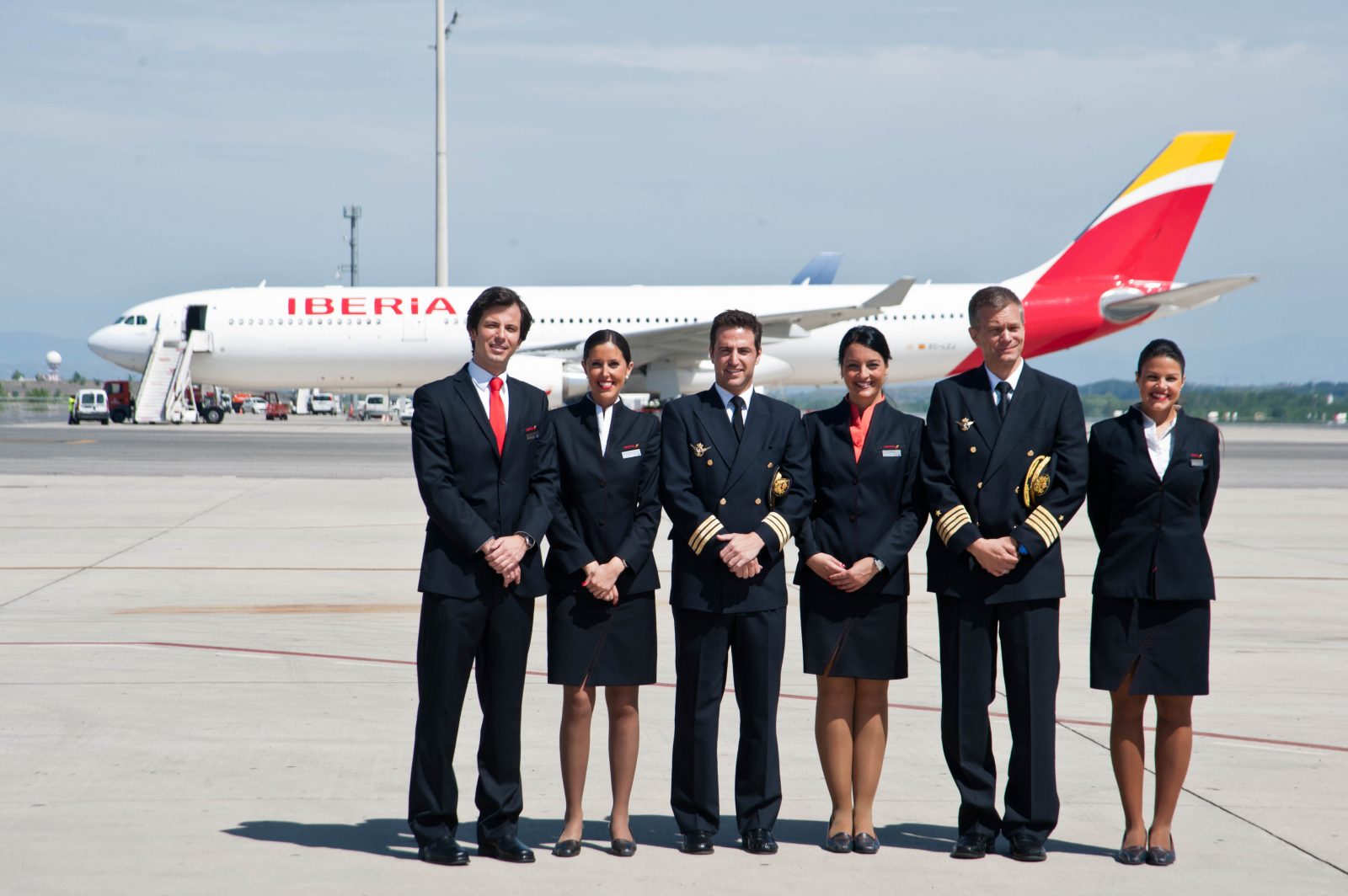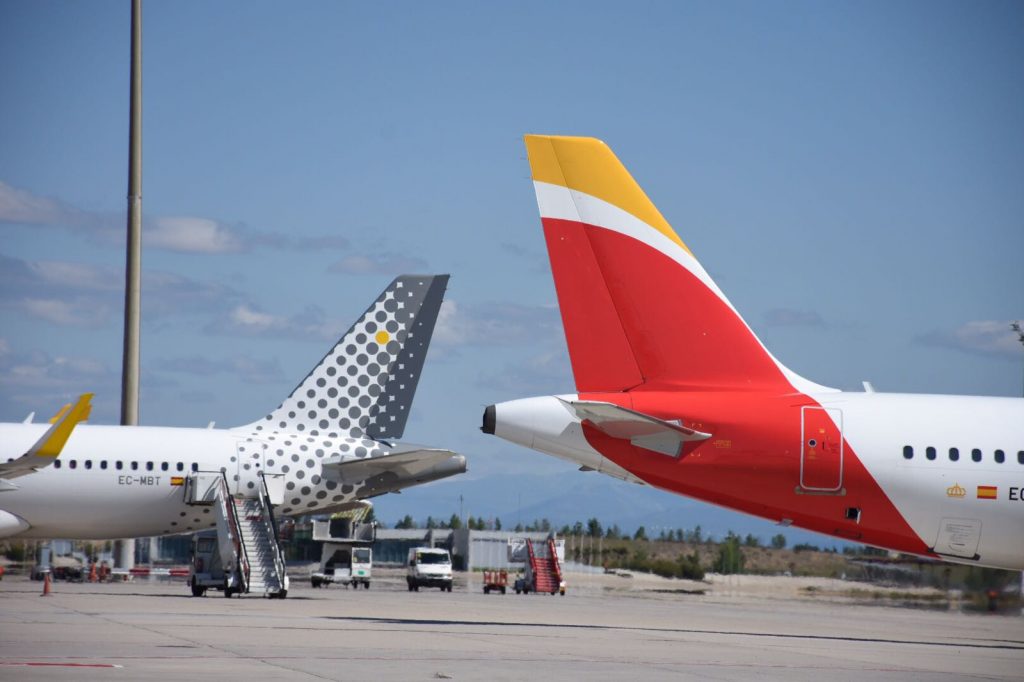
Spanish flight attendants are calling on the country’s Social Security department to add their profession to a list of jobs that can enjoy early retirement. Under a law dating back to 1986, certain professions with a high mortality risk that involve strenuous, dangerous, or toxic work are allowed to retire at the age of 52. Workers who already benefit from the rule include miners, railway workers and firefighters, as well as pilots and even bullfighters.
The USO union which represents many Spanish cabin crew (or tripulación de cabina – TCP) claim they are routinely exposed to many risk factors during their daily work that should make them eligible for early retirement. Issues such are cosmic radiation, physically strenuous work, psychosocial factors, and exposure to biological agents can all have an impact on the long-term health of flight attendants.
“These factors can lead to a significant deterioration of your health status in the long term as well as premature ageing,” the union explains. “For example, the TCP like pilots, suffer the rapid changes in pressure at each take-off and landing, a situation that in the case of low-cost carriers occurs up to four times a day.”
The union’s general secretary, Pedro Alzina sees no reason why pilots should be able to retire early while cabin crew are currently expected to work up to the standard retirement age of 65. In fact, he suggests the current law has a sexist element because pilots are mainly men while the majority of flight attendants are female.
A recent Harvard University study found that flight attendants have a higher risk of developing cancer, including non-melanoma skin cancer and female cabin crew are 51% more likely to develop breast cancer. Researchers worringly concluded that flight attendants had a more than quadruple chance of developing other forms of skin cancer compared to the control group.

The study found that carcinogen causing factors included cosmic ionizing radiation, circadian rhythm disruption, irregular schedules, as well as frequently crossing time zones and breathing in poor quality cabin air. The risk of developing cancer increased markedly in longer serving flight attendants.
A 2012 study by the U.S. Centers for Disease Control (CDC) even suggested that suicide rates amongst flight attendants were 1.5 times higher than the general population, while deaths from alcoholism were over double the rate seen in the general population. The researchers, again, pointed to working conditions such as long and irregular working hours as the main cause.
Meanwhile, there has also been significant concern raised about a condition known as ‘aerotoxic syndrome’ which may cause lifelong damage to the respiratory and central nervous systems. Aerotoxic syndrome is suspected to be caused by breathing in toxic cabin area from so-called fume events where toxic fumes from hot engine oil gets mixed in with the bleed air that is used to supply air into the passenger cabin.
The aviation industry has long maintained that fume events don’t cause long-term health problems but critics say there is mounting evidence about the dangers of bleed air. Cabin crew are believed to be more at risk because they are physically active during a flight.
The USO union mounted a legal challenge against the current retirement rules in 2013 and has since been given permission to petition the department of Social Security. A decision is yet to be made.
Mateusz Maszczynski honed his skills as an international flight attendant at the most prominent airline in the Middle East and has been flying ever since... most recently for a well known European airline. Matt is passionate about the aviation industry and has become an expert in passenger experience and human-centric stories. Always keeping an ear close to the ground, Matt's industry insights, analysis and news coverage is frequently relied upon by some of the biggest names in journalism.







